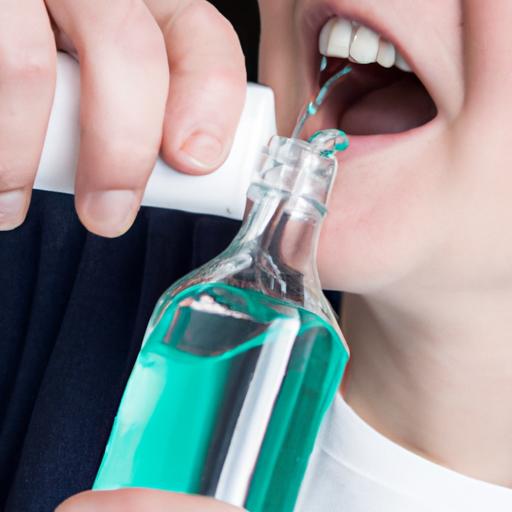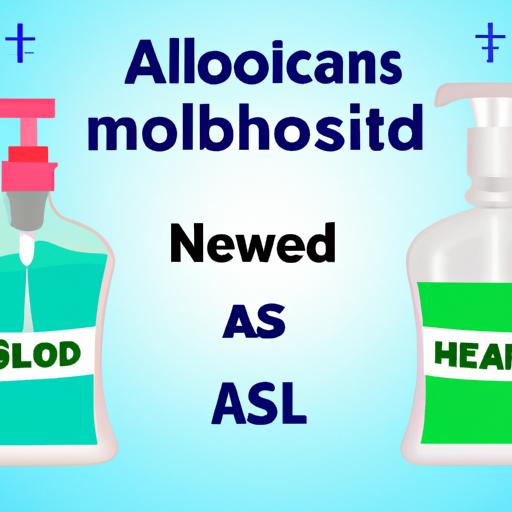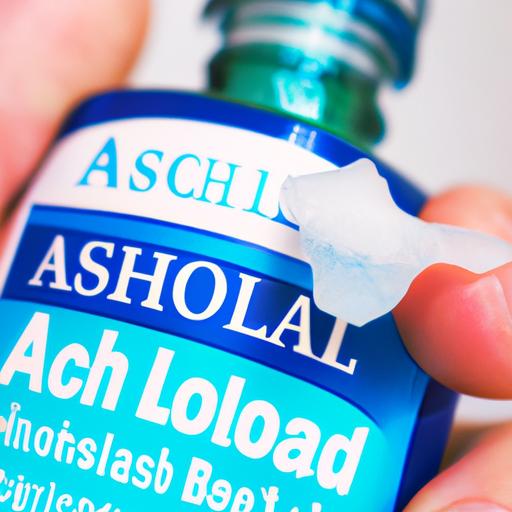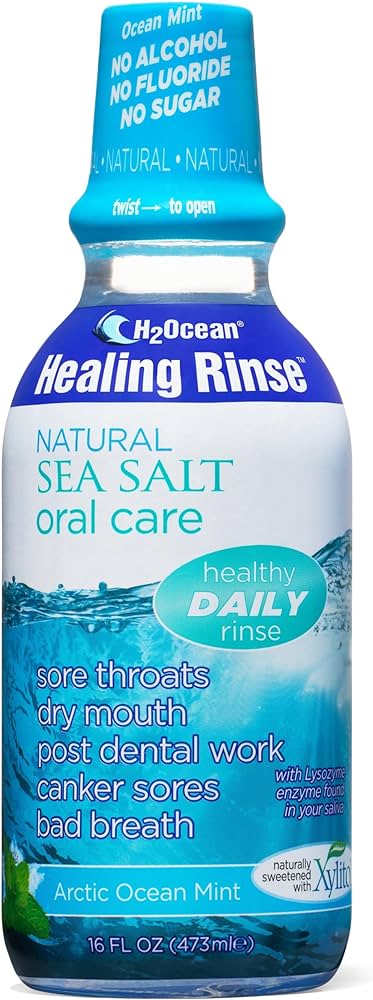
Discover the benefits of Alcohol-free mouthwash for dry socket. Learn how it soothes discomfort, reduces bacteria, and promotes healing.
When it comes to dental procedures like tooth extraction, proper aftercare is essential for a speedy recovery. One common complication that patients may experience is dry socket, a condition where the blood clot that forms after tooth extraction becomes dislodged or dissolves prematurely. This can lead to intense pain and delay the healing process. To prevent this discomfort and promote healing, incorporating alcohol-free mouthwash into your oral care routine can be highly beneficial. In this article, we will explore the advantages of using alcohol-free mouthwash for dry socket and provide you with a comprehensive guide on its usage.

Alcohol-Free Mouthwash vs. Regular Mouthwash: Understanding the Difference
What is Alcohol-Free Mouthwash?
Alcohol-free mouthwash, as the name suggests, is a type of oral rinse that does not contain alcohol as one of its primary ingredients. Traditional mouthwashes often contain alcohol, which can cause a burning sensation and dryness in the mouth. In contrast, alcohol-free mouthwash provides a gentler alternative without compromising its effectiveness in maintaining oral hygiene.

Experience the Benefits: Using Alcohol-Free Mouthwash for Dry Socket
Benefits of Using Alcohol-Free Mouthwash for Dry Socket
Gentle and Non-Irritating Formula
One of the key advantages of alcohol-free mouthwash is its gentle and non-irritating formula. After tooth extraction, the surrounding area can be sensitive and inflamed. Using a mouthwash that contains alcohol may exacerbate this discomfort. Alcohol-free mouthwash, on the other hand, offers a soothing experience, allowing you to maintain your oral hygiene routine without any added irritation.
Effective in Reducing Bacteria and Preventing Infection
Maintaining proper oral hygiene is crucial for preventing infection and promoting healing after tooth extraction. Alcohol-free mouthwash is equally effective as its alcohol-containing counterparts in reducing bacteria and preventing oral infections. Its antimicrobial properties ensure that harmful bacteria are eliminated, reducing the risk of complications such as infection in the socket area.
Soothes Discomfort and Promotes Healing
Dry socket can cause significant pain and discomfort, making it challenging to carry out daily activities. Alcohol-free mouthwash can help alleviate this discomfort by providing a soothing effect on the affected area. The gentle nature of alcohol-free mouthwash, combined with its antibacterial properties, can aid in the healing process, allowing you to recover more comfortably.

How to Use Alcohol-Free Mouthwash for Dry Socket
To reap the benefits of alcohol-free mouthwash for dry socket, it is essential to incorporate it into your oral care routine correctly. Follow these guidelines to ensure optimal usage:
-
Choose a suitable alcohol-free mouthwash: Look for a mouthwash specifically designed for dry socket or one that is labeled alcohol-free. This ensures that you are using the most appropriate product for your needs.
-
Wait for the right time: It is crucial to wait at least 24 hours after tooth extraction before using mouthwash. This allows the blood clot to form and stabilize, reducing the risk of dislodgement.
-
Rinse gently: Take a small amount of alcohol-free mouthwash and swish it around your mouth gently for about 30 seconds. Avoid vigorous rinsing, as it may disrupt the healing process.
-
Spit, but don’t rinse: After rinsing, spit out the mouthwash. Refrain from rinsing your mouth with water immediately afterward, as this may wash away the beneficial properties of the mouthwash.
-
Follow recommended frequency and duration: Consult your dentist for specific instructions on how frequently and for how long you should use alcohol-free mouthwash for dry socket. They will provide guidance based on your individual needs and the extent of your recovery.
-
Be aware of potential side effects: While alcohol-free mouthwash is generally well-tolerated, some individuals may experience mild side effects like temporary discoloration of the teeth or a tingling sensation. If you encounter any concerning symptoms, consult your dentist for further guidance.
Incorporating alcohol-free mouthwash into your oral care routine can significantly contribute to your overall recovery from dry socket. By following these steps, you can ensure that you are using the mouthwash correctly and maximizing its benefits.
For more information on maintaining oral health and preventing complications, visit BestWaterFlosserHQ.com, a reliable resource dedicated to providing comprehensive dental care advice.
Conclusion
Dry socket can be a painful and distressing complication following tooth extraction. However, by taking proactive measures and incorporating alcohol-free mouthwash into your oral care routine, you can promote healing and alleviate discomfort. The gentle formula of alcohol-free mouthwash, coupled with its ability to reduce bacteria and soothe the affected area, makes it an excellent choice for individuals experiencing dry socket. Remember to consult your dentist for personalized advice and adhere to the recommended usage instructions. Embrace the healing power of alcohol-free mouthwash and take a step closer to a pain-free recovery.





